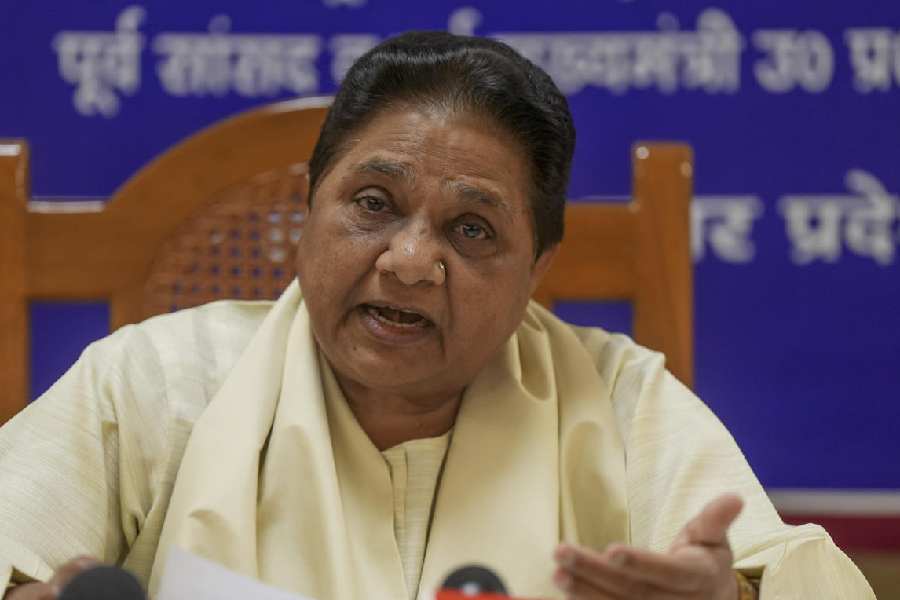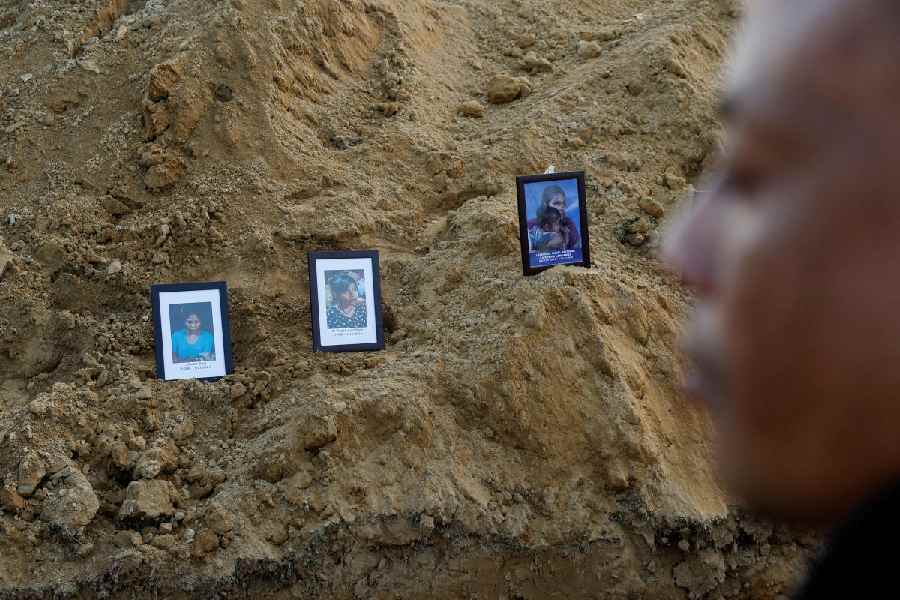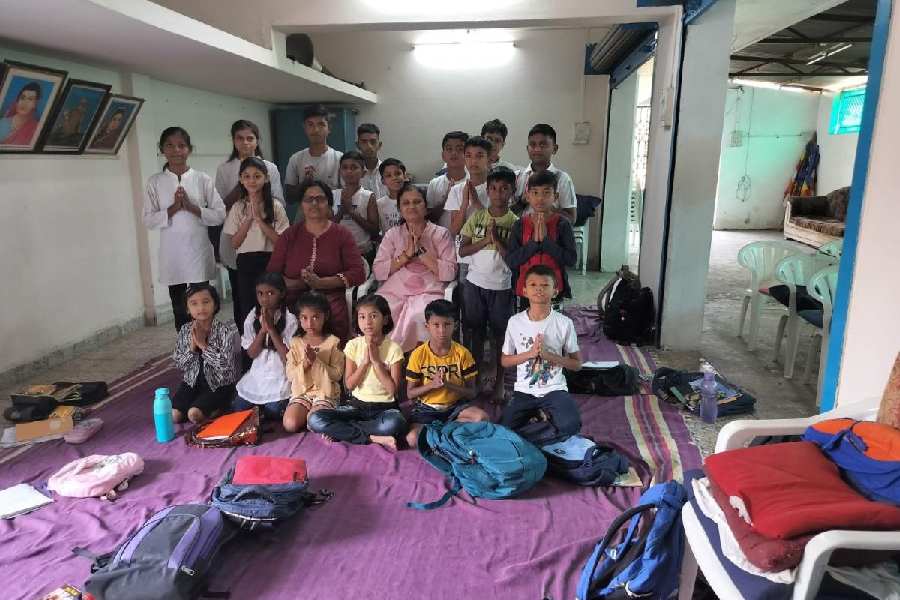About 30 minutes before he launched what investigators said was a long-planned massacre at a Buffalo supermarket, Payton S. Gendron invited a small group of people to join a chat room online.
Until that moment, the posts in the room on the chat application Discord had been visible only to Gendron, who had for months uploaded numerous pictures of himself, often posing with his gear and the weapon that officials say he used to carry out the shooting, even sharing hand-drawn maps of the Tops grocery store he openly said he planned to attack.
None of the people he invited to review his writings appeared to have alerted law enforcement, and the massacre played out much as Gendron envisioned.
A compendium of his posts from Discord circulated online over the weekend, and details of those records were publicised on Monday. But it was not previously known that other users had joined the Discord chat room, known as a server, 30 minutes before he carried out the attack.
In a statement, a spokeswoman for Discord expressed sympathy for the victims of the shooting and said that “hate has no place on Discord”.
“What we know at this time is that a private, invite-only server was created by the suspect to serve as a personal diary chat log,” the statement said. “Approximately 30 minutes prior to the attack, however, a small group of people were invited to and joined the server. Before that, our records indicate no other people saw the diary chat log in this private server.”
Gendron appeared to be working to build an audience in the moments before the shooting by passing his Discord link around on web forums where like-minded users gathered. At one point, he appeared to be planning to stream the May 14 attack — for which he has been charged with the murder of 10 people — directly to his chat room. It is unclear whether he did so.
In the opening pages of the compendium he posted online, Gendron was clear about his goal: He wished to radicalise others, and called on followers to join him in mounting similar attacks.
The Discord chat logs complement a nearly 200 page racist screed that Gendron released before the attack.
That widely shared document was clearly meant for an audience less versed in the slang and references that he had picked up on 4chan, Reddit and other websites on which he spent time.
In Discord, Gendron revealed far more personal details, often emphasising his thoughts with racist and antisemitic memes and occasionally expressing self-doubt and the wish to commit suicide.
But it is also clear that Gendron was fully aware that the logs he uploaded would be pored over by law enforcement and others.
A person who actively encouraged an act of mass shooting could potentially be criminally liable, though the bar for any charges would be high, according to a law enforcement official who spoke on the condition of anonymity because of the ongoing investigation.
Throughout the compendium, Gendron frequently references working on the Discord transcript, suggesting that the process of posting it online was not as simple as merely downloading it to a server, then uploading it to web forums.
In March, the month during which he had originally planned to carry out the attack, he mentioned configuring the settings on Discord to ensure that others could look at one channel without changing anything.
In another channel — the general chat — he said that other users could type, send images and post emoji reactions, while being unable to delete each others’ posts. And on a third channel, he planned to embed the livestream of himself carrying out the shooting, using the application Twitch.
In early April, he noted that he had to fix rules in Discord, to avoid others being able to delete anything therein.
Discord began life as the chatting feature of a little known video game. The game’s creator, Jason Citron, abruptly pivoted in 2015, abandoning the game and focusing entirely on chat software. In recent years, the platform exploded in popularity with a mostly younger user base.
Like many social media platforms, Discord has struggled to balance privacy and free speech ideals with combatting hate speech and content moderation.
Discord has said it takes “immediate action” when it encounters violations like underage users or inappropriate content, responding to reports from users and moderators and using “specialised safety teams tackling specific abuse situations”.
(New York Times News Service)










